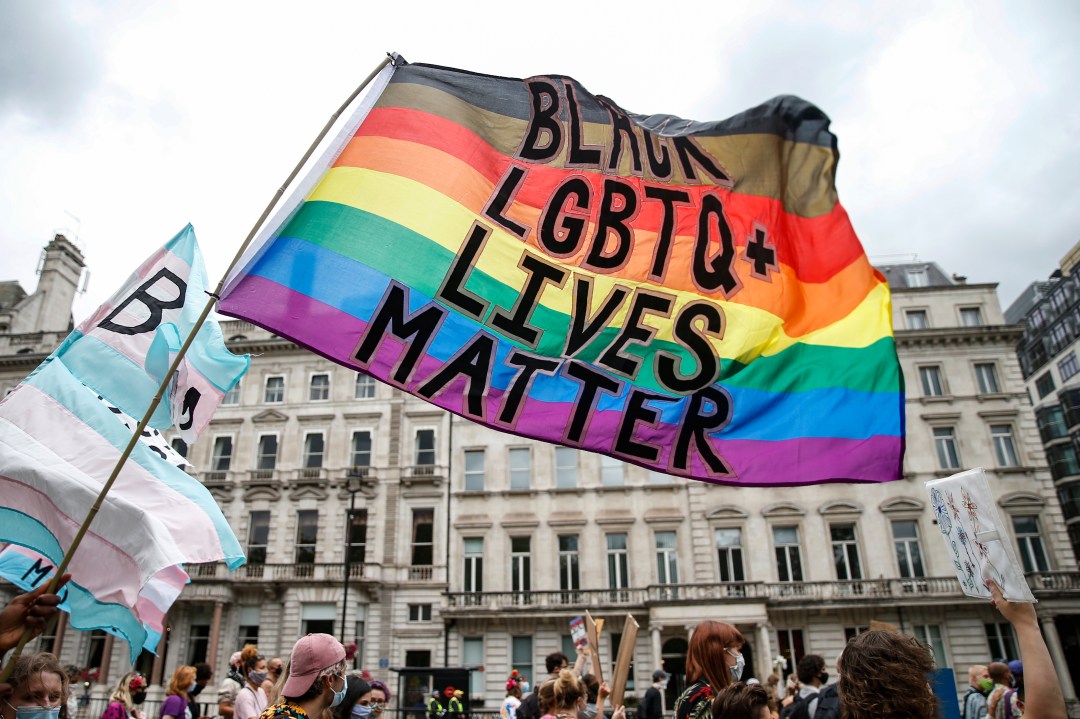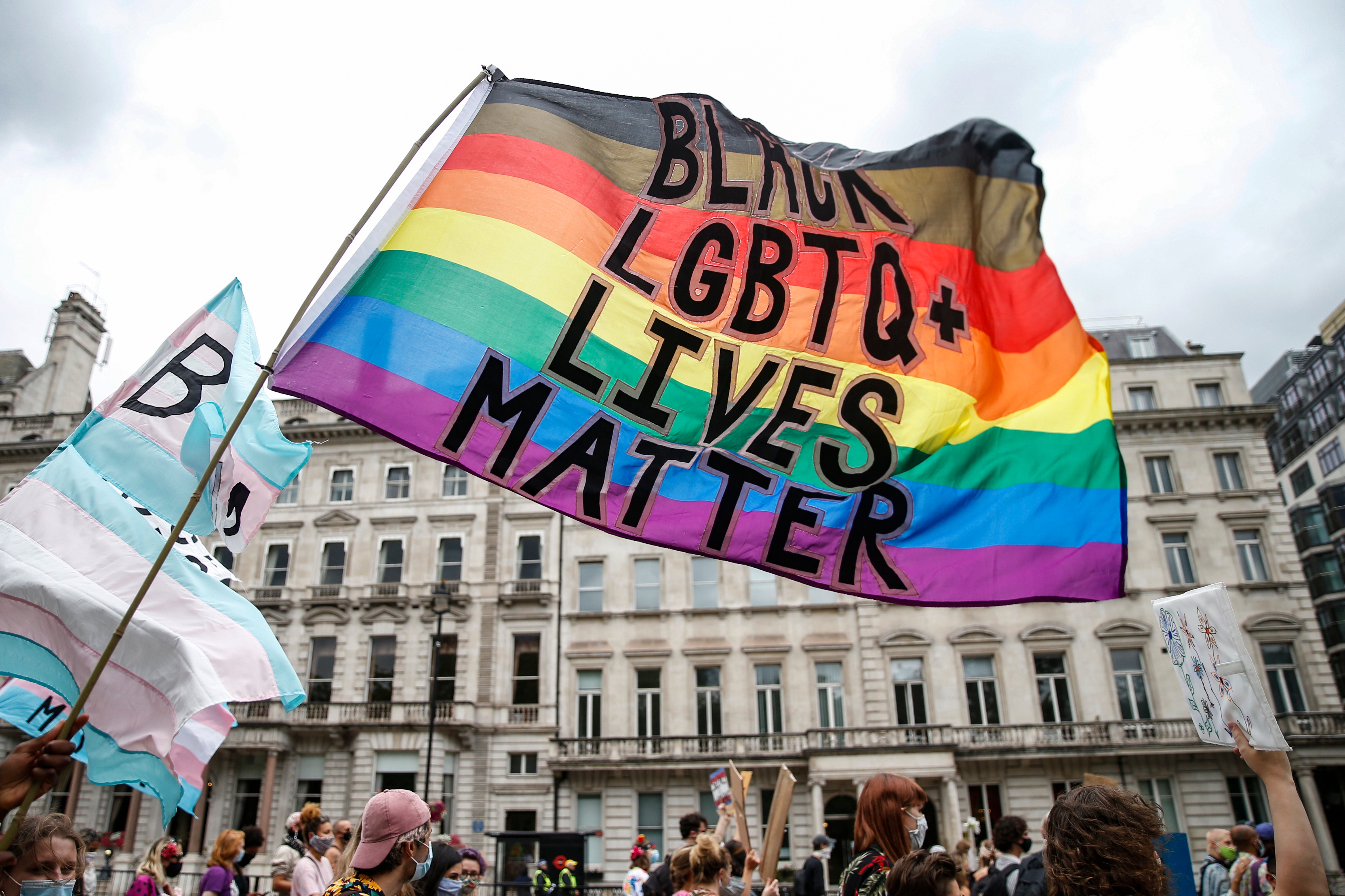The Care Quality Commission has released its reports on the gender identity services offered by the Tavistock and Portman NHS Foundation Trust. They make for grim reading.
The CQC describes an NHS facility that — until last month — put vulnerable children on a pathway to the use of untested medicines and life-changing interventions, sometimes without keeping proper records proving consent for treatment or demonstrating the reasons for that treatment. An NHS service where staff were afraid to raise concerns about procedure and practice for fear of ‘retribution’ from their employers. An NHS service that failed to ask fundamental questions about the growing number of vulnerable children being presented for treatment.
You can read the full core CQC report here, but a very good, sober summary of the investigation here on the BBC website. (Given that I’ve sometimes criticised the BBC’s coverage of gender issues, it’s right that I say that today’s coverage is solid and professional.)
These CQC conclusions are a significant vindication of a small but important group of people who have been raising concerns and questions about the Tavistock and its Gender Identity Development Service (GIDS) for several years. They include whistleblowers from the Trust such as Marcus Evans, a psychoanalyst and one of the governors of the Tavistock and Portman NHS Foundation Trust who in 2019 resigned over the management of the service. They include clinicians such as Kirsty Entwistle, who I wrote about here in 2019. And they include David Bell, another Tavistock clinician who first raised concerns about the GIDS in 2018.
The accounts of these whistleblowers have not been welcomed by people who should have listened. In some cases, the Trust appears to have sought to penalise them: Dr Bell is currently raising money for legal advice over what he says are ‘disciplinary proceedings which the Tavistock and Portman Trust has instituted against him in connection with his speaking and writing on the subject of Gender Dysphoria.’ (The Trust has declined to comment on this.)
An intellectual climate that’s hostile to scrutiny of trans-related issues isn’t some abstract culture war
For reference, this is what the CQC concluded about the Trust and GIDS’s approach to staff members raising concerns about its services:
Staff did not always feel able to raise concerns without fear of retribution. Some staff, particularly those in non-clinical roles, said there was a fear of blame within the service. This meant they were reluctant to raise concerns.
Beyond dealings with the Trust itself, people who raise concerns about the GIDS have sometimes faced accusations of being motivated by bigotry and regressive ideology (US media outlets are particularly guilty of this).
Similar allegations have also often been levelled at journalists doing the basic job of journalism and asking questions about things in the public interest. Sadly, I am reliably informed that even senior officials at the Trust have privately impugned the motives of journalists analysing the work and management of the GIDS.
The CQC report resoundingly vindicates the journalism of good reporters such as Hannah Barnes and Deborah Cohen at BBC Newsnight, who have investigated the GIDS in the face of resistance. It also shows that a ‘shoot the messenger’ culture around trans issues can do real harm. For several years, anyone raising doubts about the GIDS ran the risk of being accused of transphobic bigotry, something that undoubtedly meant it has taken longer than it should have done for the failings of the clinic to be brought to light and (hopefully) addressed.
When an issue is put off-limits and people are discouraged from discussing and examining it, bad policy and poor practice can develop and persist unchecked. An intellectual and political climate that’s hostile to evidence-based scrutiny of trans-related issues isn’t some abstract ‘culture wars’ debating-point for Twitter. It can have real and harmful consequences, in this case by allowing an NHS service to offer inadequate care to vulnerable young people.
In that context, it’s desperately important that in future, people who raise questions around gender issues find it easier to be heard. Not least because many of those questions still badly need to be answered.
One of the most striking findings in the CQC report concern autism. The children seen by GIDS are more likely than the general population to show signs of autism. The relationship between autistic spectrum disorders and gender identity is very poorly understood and inadequately researched. But the GIDS does not appear to have assigned much importance to this issue:
Many records provided insufficient evidence of staff considering the specific needs of young people, such as autistic spectrum disorders.The service did not record how many patients had a diagnosis, or suspected diagnosis, of an autistic spectrum disorder. We reviewed a sample of 22 records, more than half of which referred to autistic spectrum disorder or attention deficit hyperactivity disorder (ADHD). Discussions with staff about autistic spectrum disorders focused on the communication needs of these patients. Records did not demonstrate consideration of the relationship between autistic spectrum disorder and gender dysphoria.
That’s despite the fact that in a report to the Tavistock board in 2018, David Bell raised concerns about the high percentage of the GIDS caseload with autism. And he’s far from the only person to raise this issue. Yet even during an inspection carried out in October 2020, the GIDS was not addressing the questions that report raised.
Elsewhere, the CQC highlights the longstanding and unexplained skew in the GIDS caseload towards girls. It also raises some questions about the ethnicity of that caseload, questions which bear much more investigation.
An official investigation has now shown the sort of poor practice and inadequate services that can persist when criticism and questions around gender treatment for children are ignored. The warnings and the whistleblowers were ignored for too long. Now that’s been proven to be a harmful mistake, we can only hope that questions and concerns about issues such as the relationship between gender and autism will finally be properly addressed.








Comments